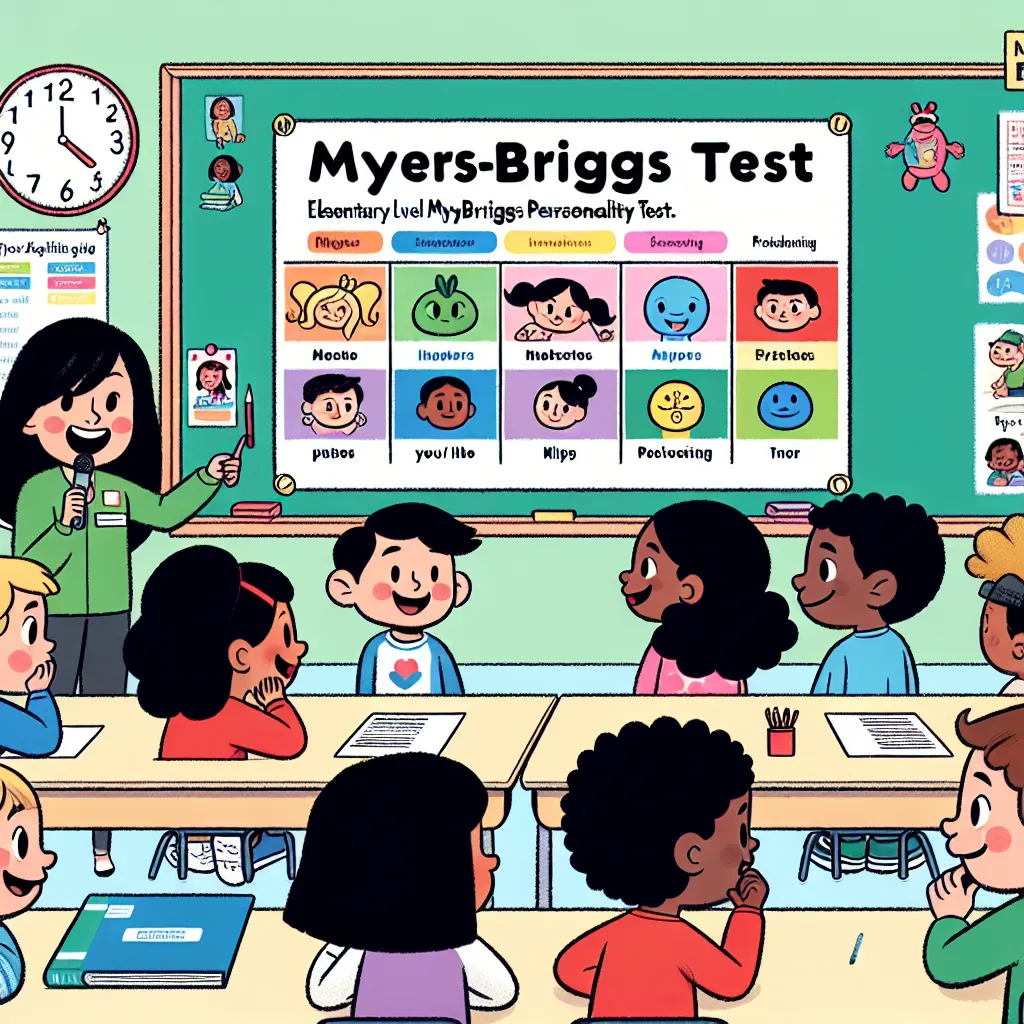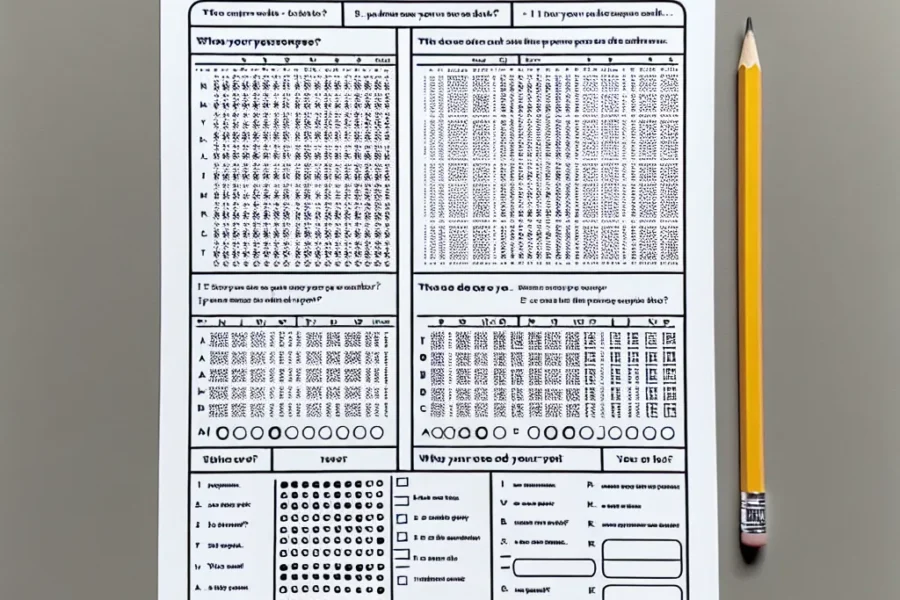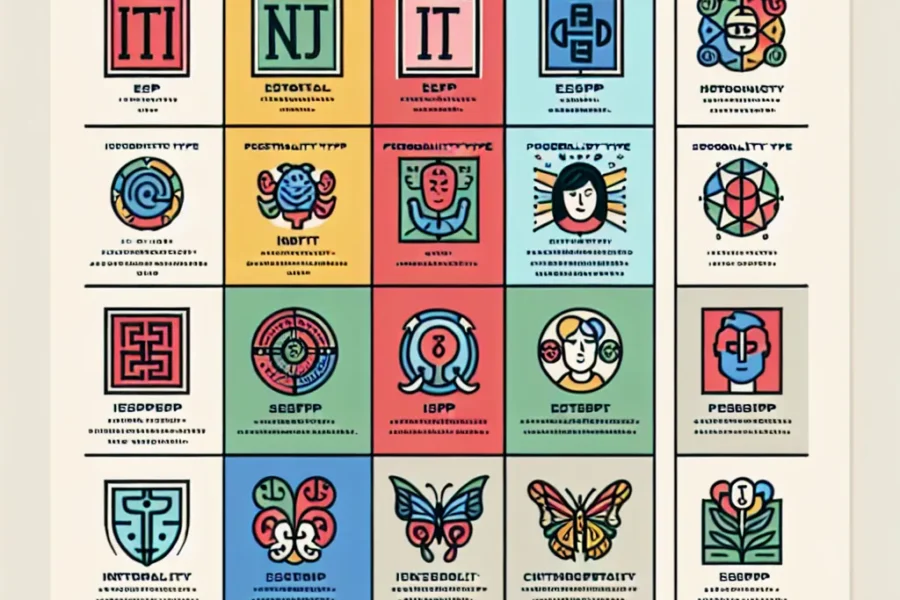In today’s educational landscape, understanding personality development in young minds has become more crucial than ever. Modern psychology increasingly recognizes the importance of early personality awareness, making tools like precisionpersonality.online – a comprehensive and free personality assessment platform – particularly valuable. While this resource serves a broad audience, parents and educators often seek specialized versions that can effectively engage elementary school students in understanding their unique personality traits.
Recent research in developmental psychology suggests that children begin forming distinct personality patterns as early as age 5, making elementary school an optimal time for personality exploration. During these formative years, children are rapidly developing their self-concept, social awareness, and emotional intelligence – creating an ideal window for introducing basic personality type concepts in an age-appropriate manner.
Modern kid-friendly personality assessments have evolved significantly, incorporating elements from positive psychology and educational neuroscience. These adapted tests often feature engaging multimedia elements, interactive storytelling, and gamified components that resonate with today’s tech-savvy young learners. The best assessments maintain scientific validity while presenting concepts through colorful graphics, animated characters, and relatable everyday scenarios.
Contemporary approaches to childhood personality assessment emphasize creating safe, non-judgmental spaces for self-discovery. Educational psychologists recommend using scenario-based questions that feel like natural conversations rather than formal evaluations. For example, asking children how they might respond to playground situations or classroom activities can provide valuable insights into their natural tendencies and preferences.
The latest developments in educational technology have enabled more sophisticated yet child-friendly assessment methods. Digital platforms now incorporate adaptive learning algorithms that adjust question complexity based on the child’s responses, ensuring a more personalized and engaging experience. These platforms often use age-appropriate avatars and interactive elements that help children maintain focus while providing meaningful personality insights.
It’s essential to emphasize that modern personality assessment approaches for children focus on growth mindset principles. Rather than boxing children into fixed personality categories, these tools help identify current preferences and tendencies while acknowledging that personality continues to develop throughout childhood and adolescence. This approach aligns with contemporary psychological research highlighting the malleability of personality traits during early development.
Today’s educational best practices encourage integrating personality awareness into broader learning strategies. Teachers can use personality insights to create diverse learning experiences that accommodate different learning styles and preferences. This might include offering multiple paths to complete assignments, varying group dynamics, and providing choice in how students demonstrate their understanding of concepts.
Recent studies in educational psychology highlight the positive impact of personality awareness on social-emotional learning (SEL) outcomes. When children understand their own personality preferences and those of their peers, they develop stronger social skills, better conflict resolution abilities, and enhanced emotional regulation. This understanding creates a more inclusive and supportive classroom environment.
The latest research in developmental psychology emphasizes the connection between early personality awareness and emotional intelligence development. Children who gain insights into different personality types often show improved empathy, better communication skills, and enhanced ability to navigate social relationships. These skills have become increasingly important in preparing students for future academic and social success.
Modern parenting resources now include extensive materials for supporting personality exploration at home. Digital platforms, educational apps, and interactive workbooks provide families with tools to continue the conversation about personality differences beyond the classroom. These resources often incorporate current psychological research while remaining accessible and engaging for young learners.
Contemporary child development experts emphasize the importance of data privacy and ethical considerations in personality assessment. When selecting online personality tests for children, parents and educators should prioritize platforms that maintain strict privacy standards while providing age-appropriate content and positive, constructive feedback.
In conclusion, the field of childhood personality assessment continues to evolve with our growing understanding of developmental psychology and educational best practices. By introducing elementary students to personality concepts through engaging, age-appropriate methods, we help foster self-awareness, social understanding, and emotional intelligence. This early foundation in personality awareness can significantly impact a child’s personal growth, academic success, and future social relationships in our increasingly complex world.



Leave a Comment